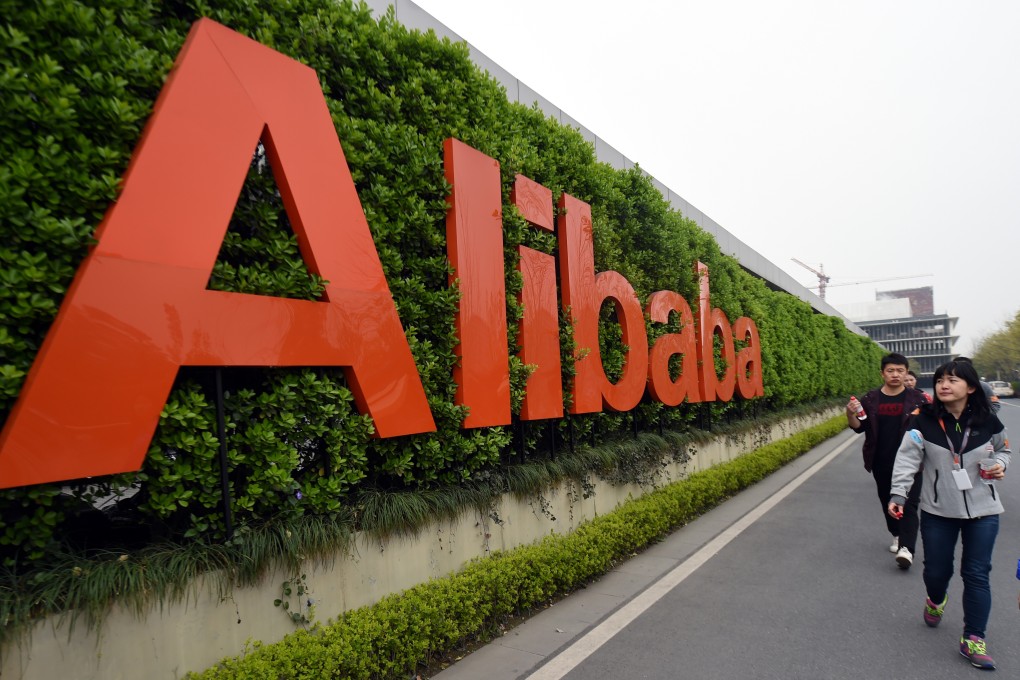Alibaba pushes ‘emotion analysis’, other hi-tech systems to fight fake products
- E-commerce giant reports 67 per cent year-on-year decline in suspected fake product listings on its platforms in 2018

Alibaba Group Holding, China’s largest e-commerce services provider, said there were fewer suspected fake products found on its online shopping platforms last year, as the company deployed more sophisticated technology to track and intercept counterfeit merchandise.
New York-listed Alibaba, which operates Taobao Marketplace and Tmall, said there was a 67 per cent year-on-year decline in potentially problematic listings on its platforms in 2018, following the deployment of “its most sophisticated and comprehensive proactive detection technology to date”, according to the firm’s latest Intellectual Property Rights Protection Annual Report released on Friday.
It said 96 per cent of Alibaba’s proactive removals last year occurred before a single sale took place.
The number of suspected counterfeit listings removed last year in response to consumer reports also dropped 70 per cent from the previous year, even as Alibaba saw its monthly mobile active users increase by 119 million during the year. The firm recorded 699 million monthly active users on its retail platforms at the end of December.
The anti-counterfeiting technologies launched by Alibaba last year include the analysis of emotions and semantics from user data, such as comments and feedback. The company seeks to determine the “emotion” behind feedback to identify negative sentiments, which may serve as leads to further investigation, the report said.
Alibaba also initiated use of a counterfeit-identification system that analyses not only data and information related to goods and product listings, but also data related to merchants. Algorithms behind this “Full View of Merchants” system search for unusual transactions and certain anomalous traffic data, which trigger additional investigation.